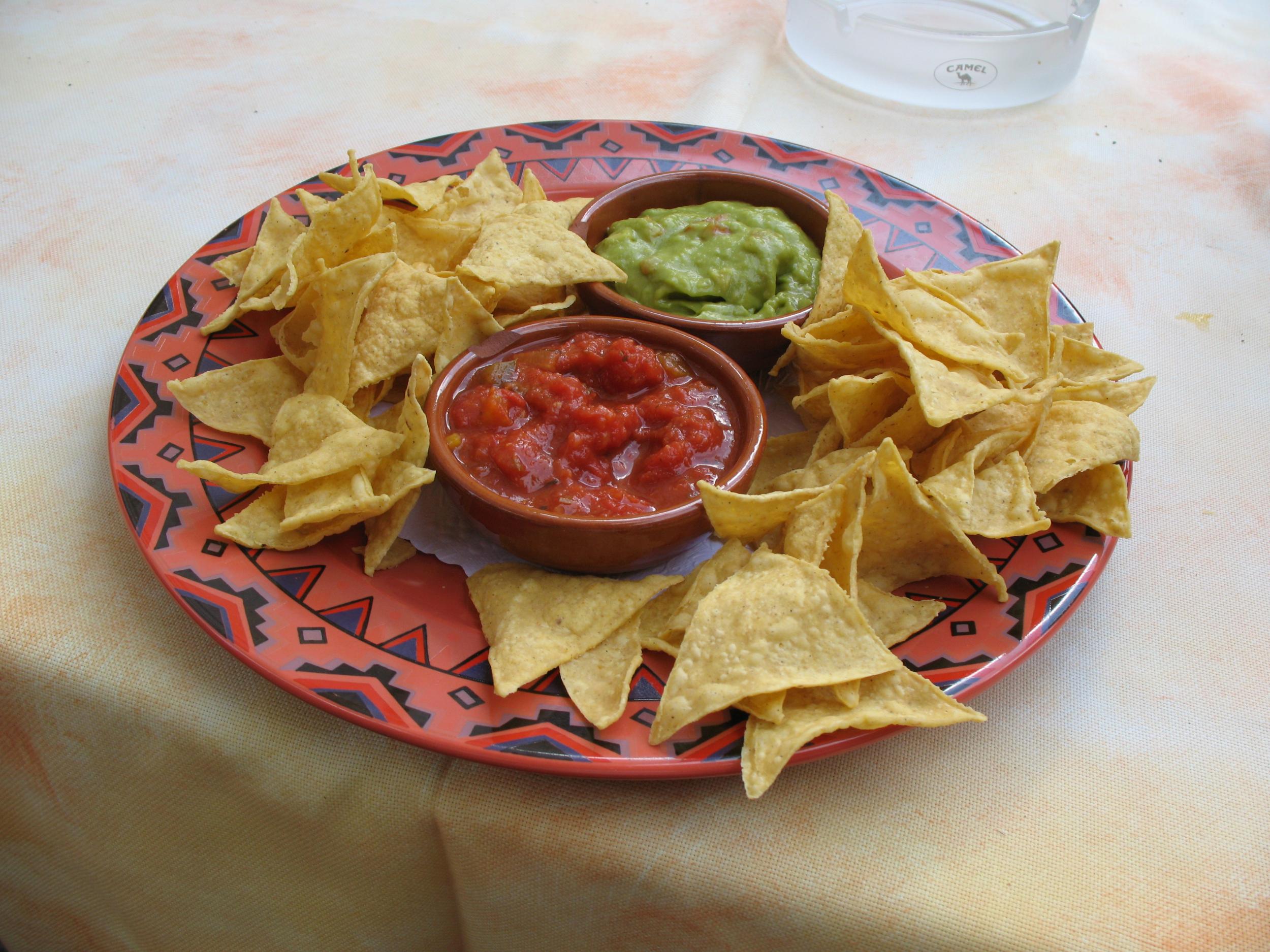It's official – Seinfield has been right about 'double-dippers' all along
Study puts to bed debate started more than 20 years ago on Seinfeld episode

Your support helps us to tell the story
From reproductive rights to climate change to Big Tech, The Independent is on the ground when the story is developing. Whether it's investigating the financials of Elon Musk's pro-Trump PAC or producing our latest documentary, 'The A Word', which shines a light on the American women fighting for reproductive rights, we know how important it is to parse out the facts from the messaging.
At such a critical moment in US history, we need reporters on the ground. Your donation allows us to keep sending journalists to speak to both sides of the story.
The Independent is trusted by Americans across the entire political spectrum. And unlike many other quality news outlets, we choose not to lock Americans out of our reporting and analysis with paywalls. We believe quality journalism should be available to everyone, paid for by those who can afford it.
Your support makes all the difference.Have you ever absent-mindedly dunked your cracker into a dip having already done so once?
If so, you are committing the most heinous of dinner party crimes by spreading abundance of germs.
So-called double dipping sees a surge in bacteria, according to research in Harvard’s Healthbeat journal.
It puts to bed a debate started after a 1993 episode of Seinfeld in which George Costanza is called out on the offence at a wake.
After double-dipping a cracker, a disgusted fellow mourner objects: “That’s like putting your whole mouth right in the dip.”
Dr Robert Shmerling, editor of Healthbeat, said: “This research does raise the possibility that a person who is sick might spread a disease by re-dipping a chip.”
Pneumonic plague, TB and Legionnaires’ disease all spread via saliva.
The study investigated the effects of repeatedly dunking a crisp in various substances.
It found that the number of the bacteria varies depending on the type of dip – with salsa accumulating more germs than chocolate or cheese.
Because salsa is not as thick as chocolate or cheese, more of the dip touching the bitten cracker falls back into the communal container taking the dipper’s bacteria-riddled saliva with it.
The solution? Scientific advice says if you must double-dip you should at least turn your crisp or cracker around.
Join our commenting forum
Join thought-provoking conversations, follow other Independent readers and see their replies
Comments